latest
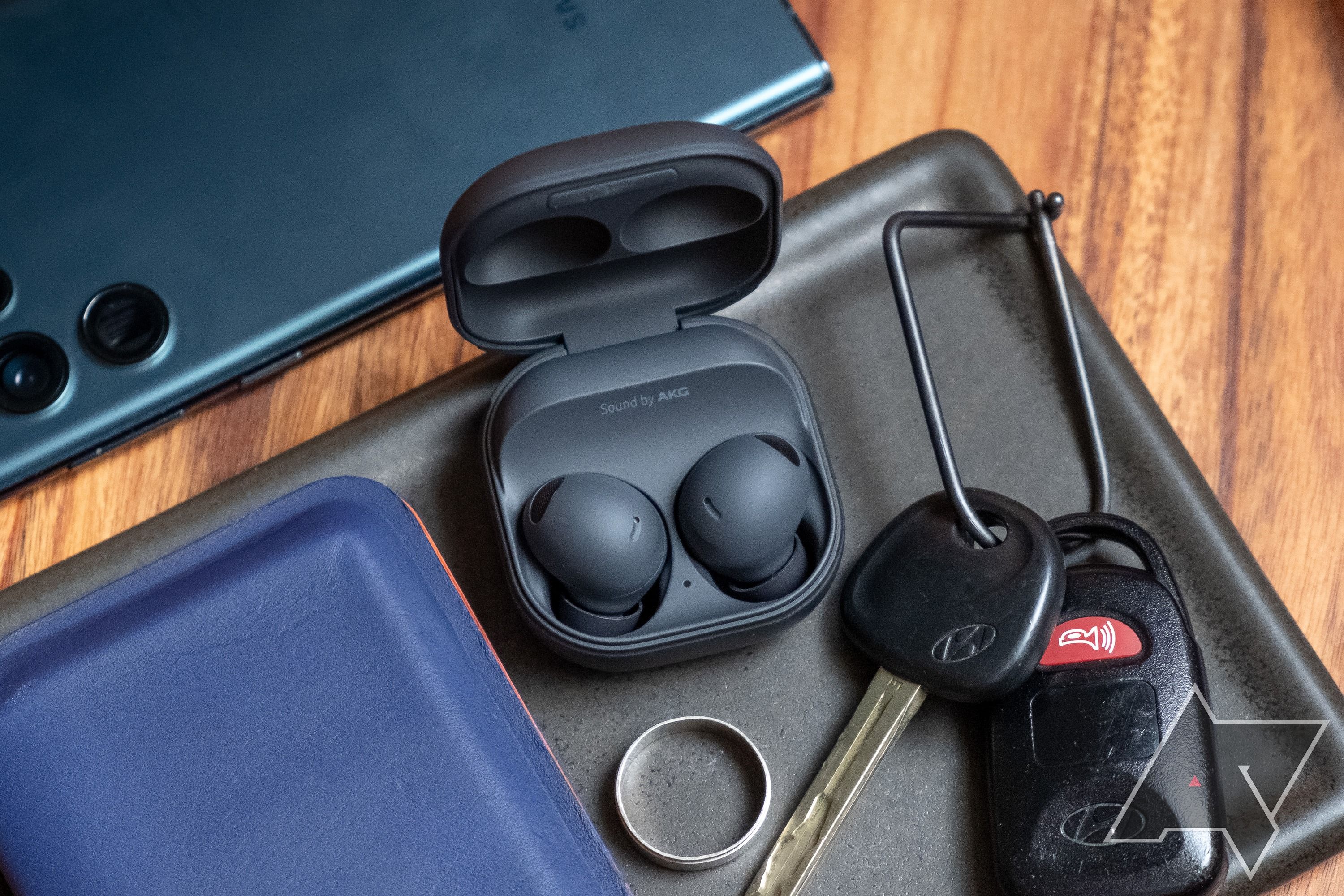
Samsung Galaxy Buds 2, Buds 2 Pro, and Buds FE are finally getting AI translation
Galaxy AI allows for two-way, face-to-face live translation
If you’re still not convinced by some of the advantages of AI, Samsung and other mobile device manufacturers are making them more accessible. In turn, it’s becoming difficult to imagine a future without AI, even on a small scale. While it’s true the technology can be beneficial in large applications, it can be just as helpful for matters as minor as translation. AI translation allows for two-way, face-to-face communication in real-time, which can be a game-changer in many situations. Now, Samsung is expanding this AI feature to some of its existing products.
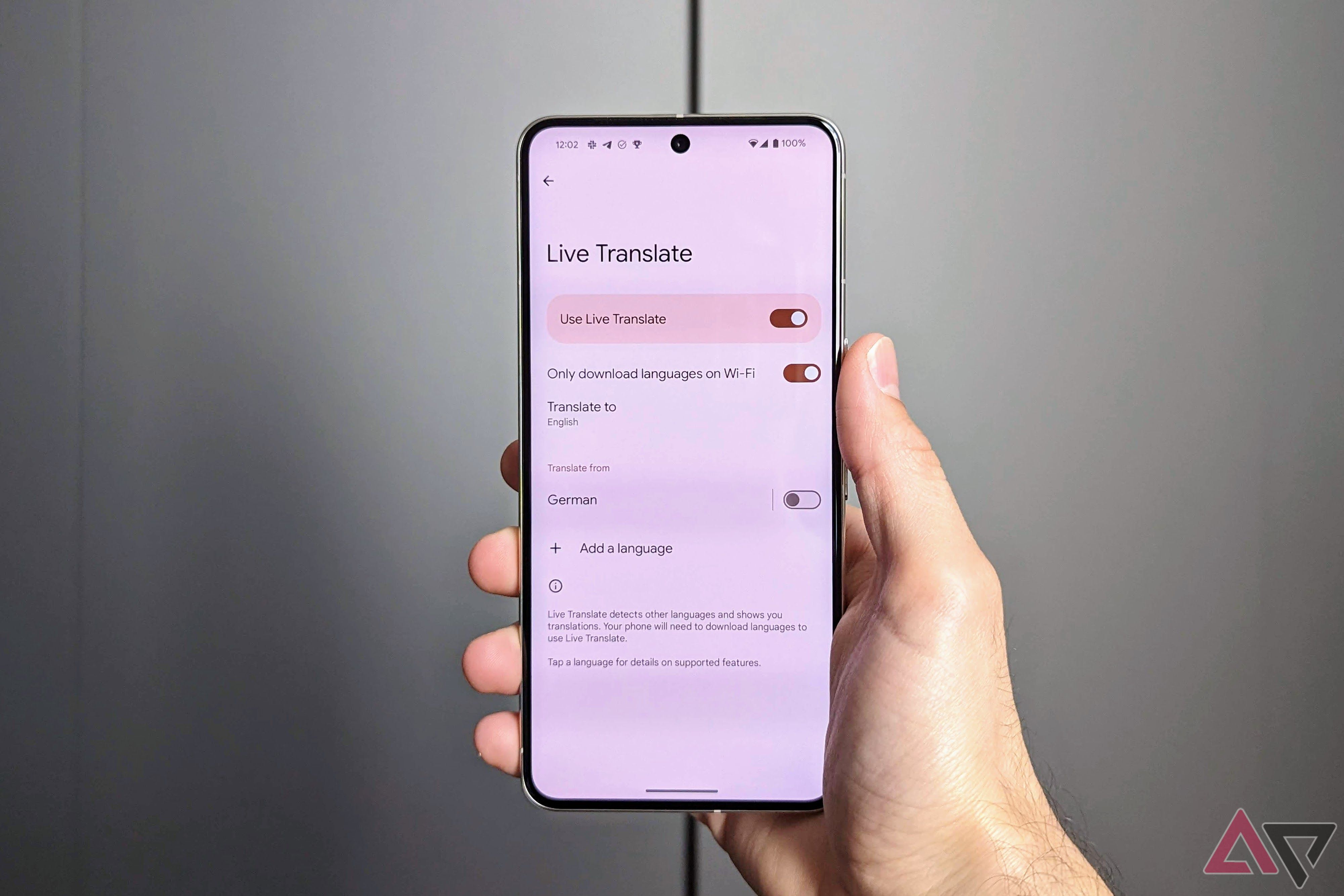
How to use Google's Live Translate on the Google Pixel 6, 7, and 8
Converse in other languages with ease with a recent Google Pixel phone
The Live Translate feature on recent Pixel devices is a fantastic addition to Google's suite of translation features. Live Translate is exclusive to recent Pixel devices, including the Google Pixel 6, Pixel 7, and Pixel 8 series, as well as the Pixel Fold. It goes above and beyond Google Translate's functionality, adding useful translation features that help with real-time translation.

Thanks to AI, universal translators aren't just the stuff of science fiction anymore
Tools like Google Translate and DeepL are breaking down barriers
From the dawn of civilization, humanity's intrinsic desire for communication and connection has been a driving force in breaking down language barriers. However, the concept of a singular device, capable of seamlessly interpreting a diverse range of languages, didn't emerge from ancient times — rather, it was science fiction that provided the visualization of a universal translator. The concept, as portrayed in numerous sci-fi works, envisions a device even potent enough to decipher extraterrestrial languages. These portrayals transitioned the universal translator from a mere fantasy to a genuine technological goal in contemporary society.
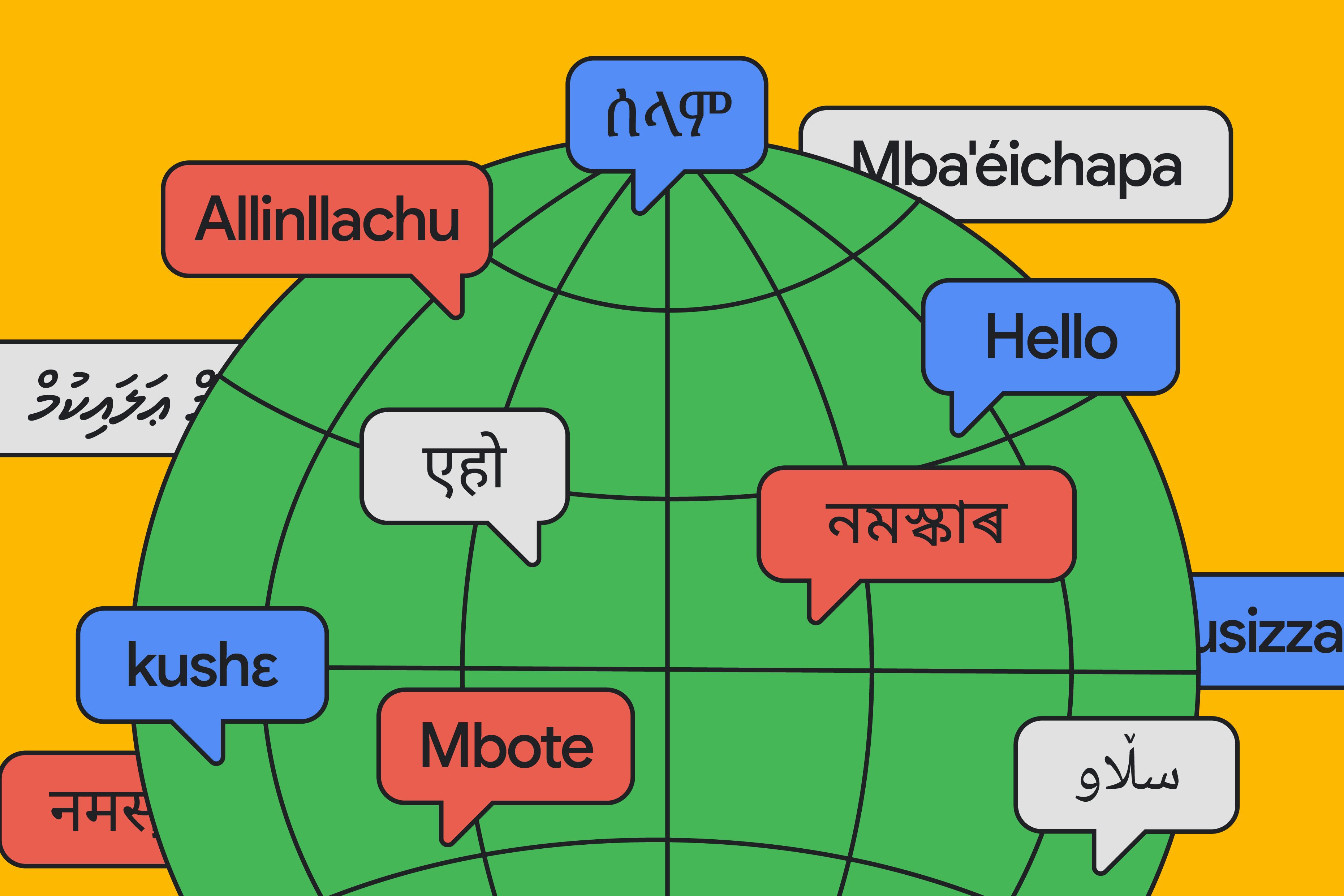
How to translate a website on most browsers
Want to read something that's in a different language? You can do it easily on your browser
Accessibility is one of the most important aspects of technology. Over the years, technology has become more accessible. A good example is the translation feature, which is available across all popular web browsers. So, when you want to read a website that's in a language unknown to you, your browser can translate it for you.

Google's weirdly pedantic Play Store crusade against all things 'free' is somehow getting even more ridiculous
Bad translations and a semantically imprecise crackdown are causing issues for open source software on the Play Store
Independent developers have struggled with Google's Play Store developer support for years. The company claims to be doing more to make things better recently, with more actual human beings and fewer automated tools on the other end of those appeals, but it could still be doing much more in its role as the toll-taking gatekeeper for Android apps. Unfortunately for at least one developer, the company's reliance on automated tools has struck again: It looks like Google incorrectly flagged an open-source app because of its own reliance on machine translation as part of its new war against the word "free," and F-Droid's semi-official Nearby app also ran into trouble.

Google's Pixel 6 might play interpreter on your next vacation
Old and new features spotted together under a new Live Translation name
One of the rumored features the upcoming Pixel 6 and 6 Pro would have was improved translation performance. At the time, we didn't actually know it would be a heavily marketed feature; The Verge was merely shown a demo that showed a French to English translation via Live Captions. But according to the folks at XDA Developers, there's more to it than that, and we can anticipate a new branded Live Translate feature to debut with the phone, building on the existing translation systems and features in the Google Translate app, Lens, and Assistant, but with deeper integrations.

YouTube now lets you translate comments instantly (at your own risk)
Comments can be a goldmine or a dumpster fire in any language
The internet contains many a rabbit hole you can fall into and there is no shortage of them on YouTube. So, if you find yourself sitting through clip after clip from a Japanese restaurant vlogger and are wondering what the comments are saying — you can only presume they're generally nicer than on certain other videos — you can now translate them without having to leave the page!
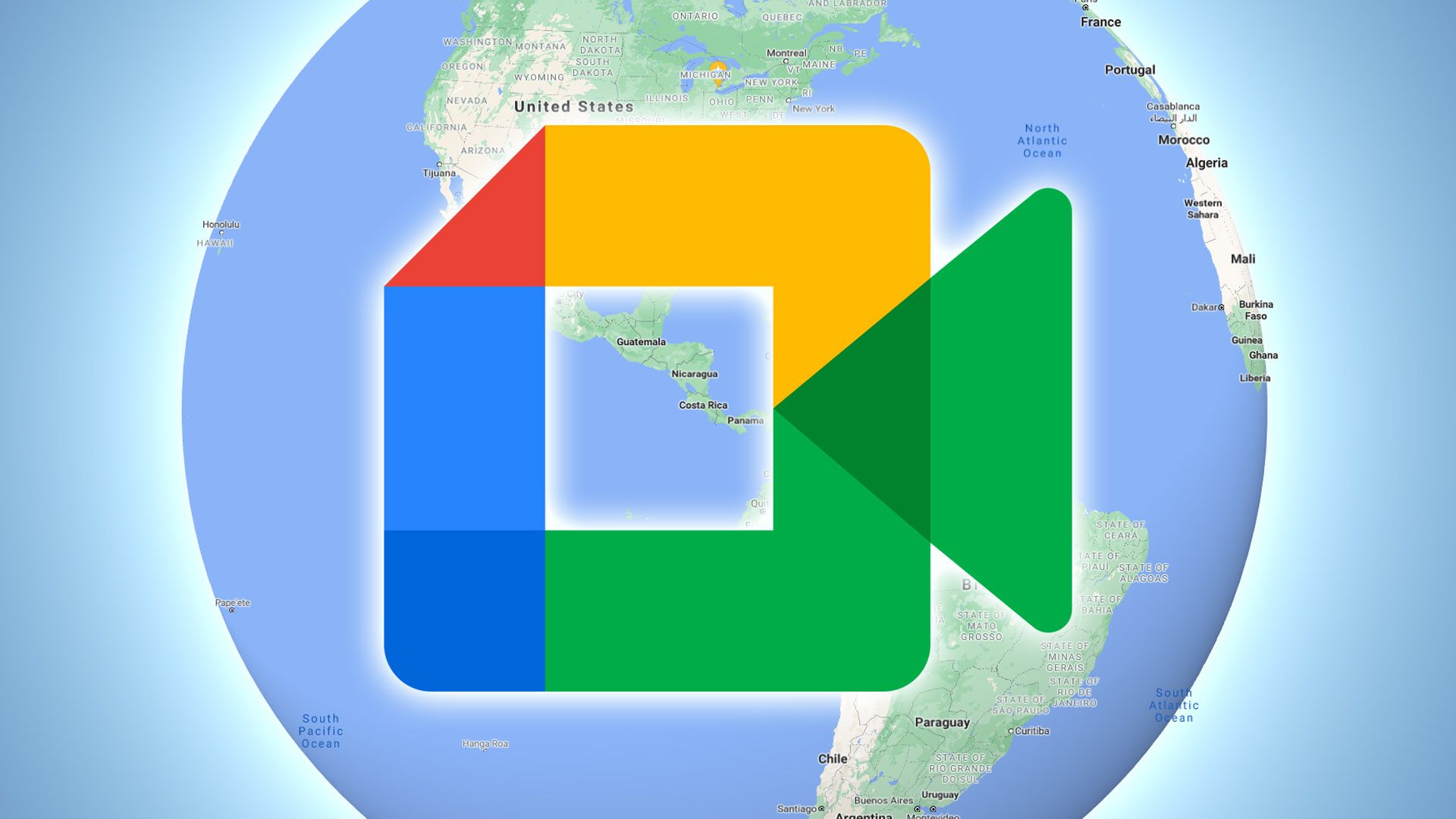
Google Meet gets live captions in North America and Latin America
US Americans had to wait for a Google feature, for once
As an international website with a mostly-US staff, covering a US company, we get a lot of commenters telling us how much it sucks that Google's stuff isn't available everywhere immediately. Well today all of you international readers get to thumb your noses at us! Assuming you live in Europe or Asia. And also that you really care about a very specific feature of the Meet video conferencing tool.

Today, no matter where you buy a phone from, you'll most likely be able to change the system language to your mother tongue. However, it's much more of a gamble whether or not all the apps you want to use on your phone will also have the same kind of broad language support. Google, armed with its translation chops, appears to be working on addressing this with Android 12 on Pixel phones.

Amazon Echo devices in the US can now translate conversations as they happen
Someone needs to be speaking English
Amazon is bringing live translation to Alexa in the U.S. The voice assistant can now be called upon to detect a conversation in two languages and translate between them sentence by sentence or phrase by phrase.
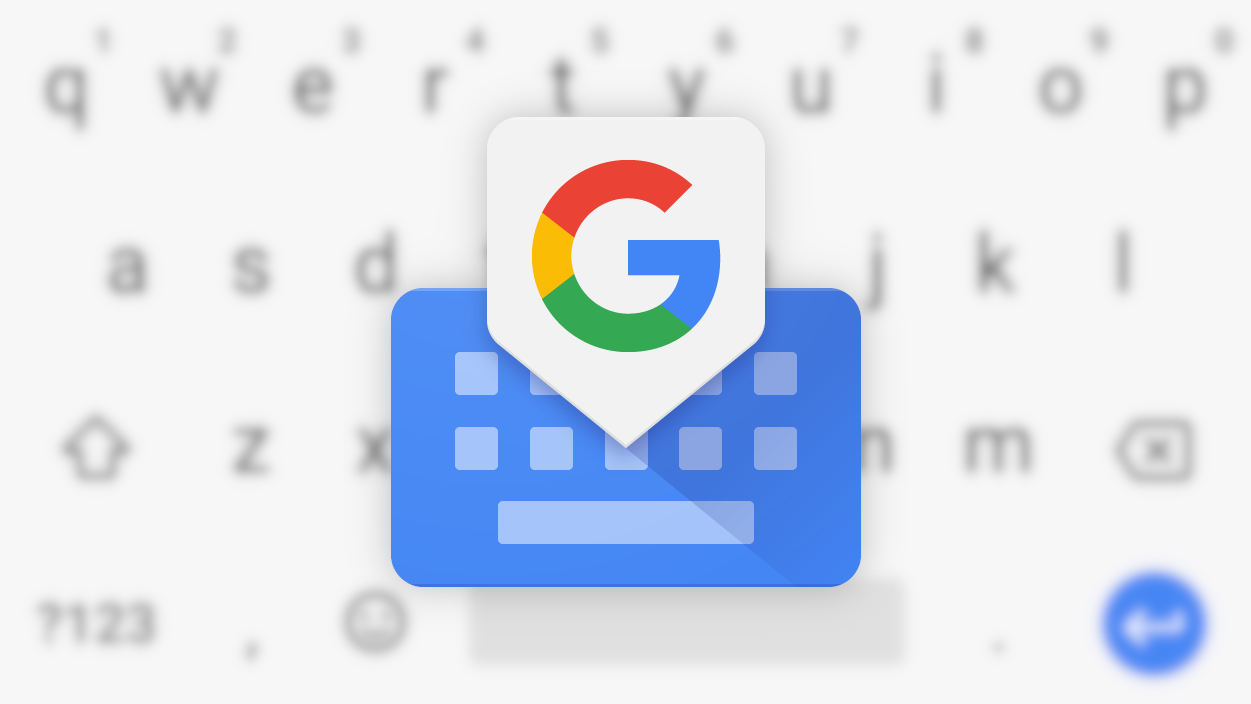
Gboard rolls out real-time transcription and translation (APK download)
Speak in French, send in English
In mid-July, Gboard's Play Store listing added a cryptic changelog that mentioned voice dictation translations. We started looking for signs of that feature and couldn't find any until now, when it finally showed up on the latest Gboard beta v9.7. Google has also confirmed to us that it's rolling it out to everyone.
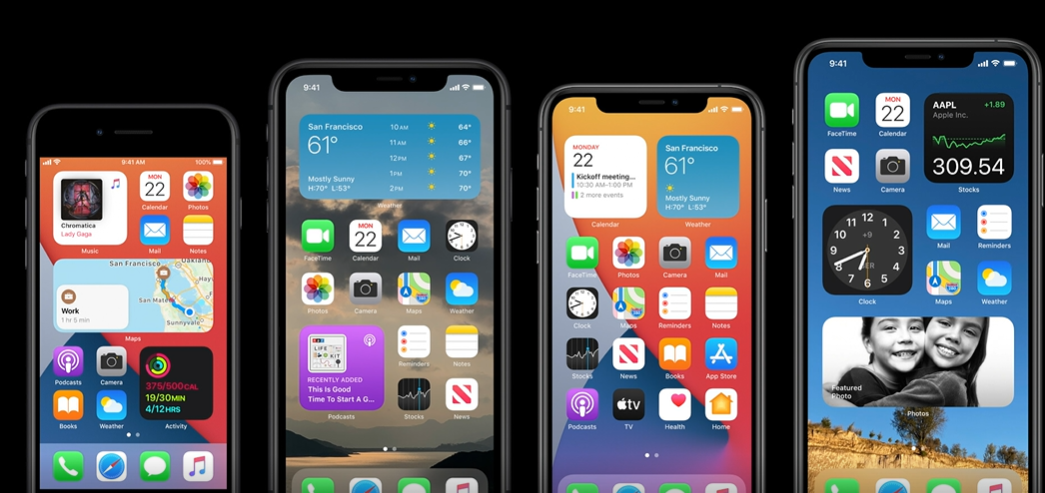
16 major iOS 14 features Apple 'borrowed' from Android and Google
Plus one bonus feature for Apple's HomePod
Unless you've been forcibly avoiding the news, you know iOS 14 is now a thing. But if you don't use an iPhone (or maybe even if you do), you might not have bothered checking out what was new in Apple's latest mobile operating system. But as fail to be basically every year we watch the WWDC keynote, no one on the Android Police was surprised to have one recurring thought: "hey, that feature looks familiar." Apple apparently felt very inspired by Android in the last year, and iOS 14 has a whole bunch of "world-first" innovations to show you that—very coincidentally!—also happen to be on Android. Here are 16 such features.

With everything going on in the world lately, it can be hard to keep up with it all. Google News can be great help there, with the app supporting features like curated stories, daily briefings, and a dark theme. Google even added support for displaying content in two languages together within the feed last year. But it's not all good news, because the in-app translation feature is currently borked.

Tell Google Assistant to 'Read It,' including webpages translated from 42 languages
Text-to-speech is getting way better with syntax and expression
The ways we experience media on the web tend to be designed only for the publisher's intended medium. You don't consume videos just for their sound, for example, and podcasts don't often come with word-for-word transcripts, but there are ways of enjoying those pieces of content with augmentation. Some of the toughest challenges in making text sites cross-consumable via dictation has been in naturalizing machine voices and translating stories rich in grammatical tapestry from other languages. Google Assistant is now bringing its answers to those challenges with new text-to-speech functionality available today.

Back in 2011, Google Translate made it easier to interpret live discussions thanks to Conversation mode. The app also got a fresh coat of paint more recently, making it easier to summon it. In parallel, Assistant-enabled speakers got the ability to translate live conversations in April, which essentially turned them into digital interpreters. Unfortunately, the functionality was exclusive to smart speakers and displays and wasn't available on phones until now. Google just released the feature on mobile devices as well, making it easier to have a conversation with someone who speaks a different language on the go.

How do you pronounce quokka? Pronunciation can be difficult to perfect, especially with a language containing as many silly, varied rules as English. Practice, though, helps solidify a skill. Google has provided pronunciation guides since April of this year. Now, they'll also give you the chance to vocally practice your pronunciation of American English, and, "soon," Spanish.

Interpreting and translating live speech is much trickier than simply processing written text. Indeed, unlike human brains, machines would typically need to go through three separate phases to convert oral communication from one language to another. Initially, speech would need to be interpreted by the machine and transcribed into text, which would then be translated into the target dialect, before being fed into a text-to-speech engine to be spoken out loud. Although this cascaded process is transparent for the user and relatively fast, Google is working on a more natural speech-to-speech method it called Translatotron, which doesn't need intermediate processing for translation.

Translation is tricky, as you know if you've read any web page automatically converted by Google Translate; different tongues have different nuances that are hard to teach to an algorithm. Specifically, the way languages handle gender varies, and these discrepancies previously led to Google Translate to make assumptions and provide potentially inaccurate translations. Now, though, when gender is ambiguous in a translation input, the output will show both masculine and feminine terms, eliminating the guesswork.
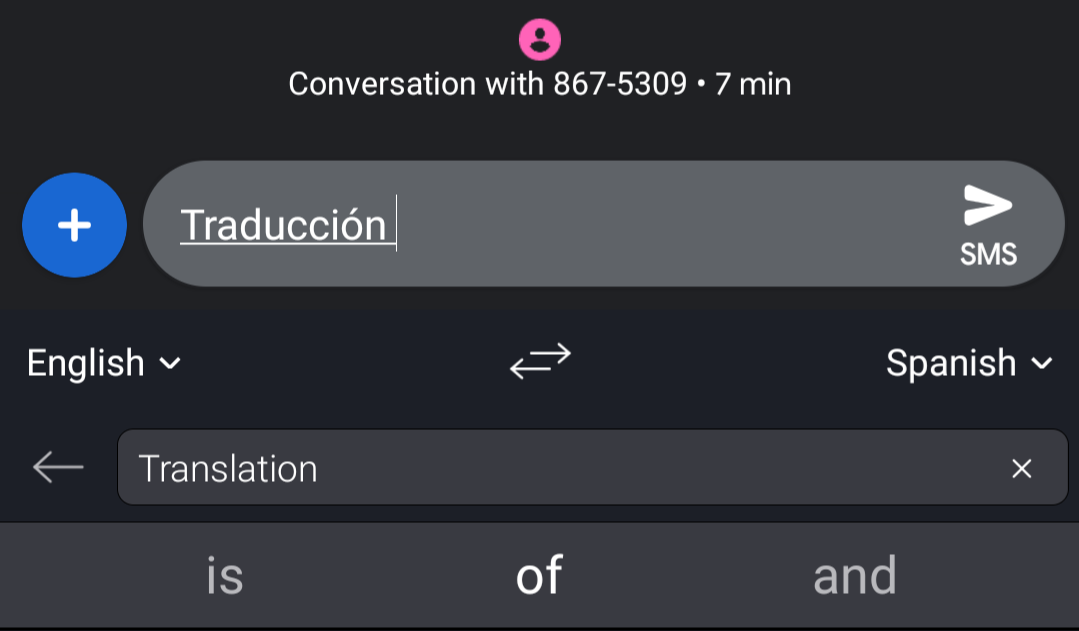
Text translation seems like an obvious feature for a phone keyboard. It eliminates the hassle of having to swap between apps, copying and pasting when you want to say something in a language you don't speak (however infrequent that need may be). SwiftKey seems to agree, as the latest update of the keyboard's Beta version comes with Microsoft Translator integration.

Intrigued by the functionality of Google's Pixel Buds, but unconvinced by the form factor? LG's got you. The Korean manufacturer has announced two new additions to its collar-style Tone line of in-ear headphones: the Ultra SE, which features an external speaker, and the Platinum SE, which has Google Assistant functionality, including Pixel Buds-style real-time translation, built in.













